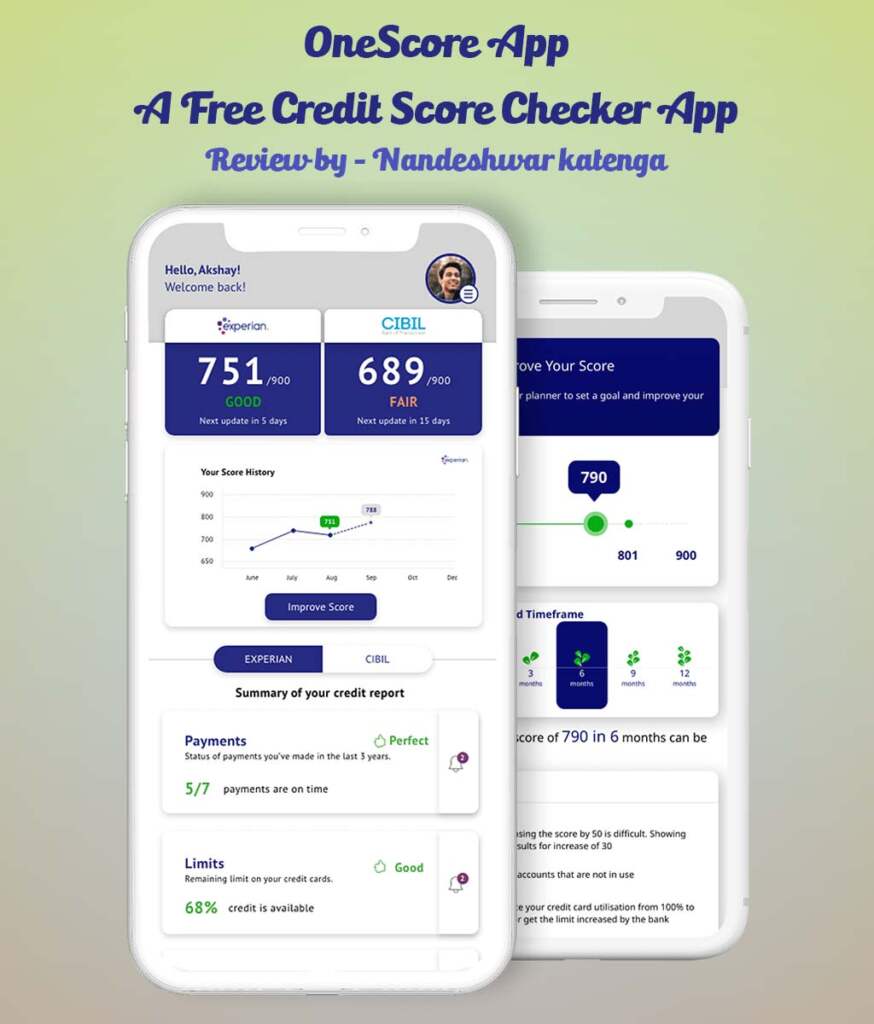How to increase CIBIL Score?
In the world of personal finance, your CIBIL score holds the key to accessing favorable loan terms, credit cards, and a host of financial opportunities. A high CIBIL score signifies your creditworthiness and responsible financial behavior. Whether you’re planning to secure a loan for a new home, embark on a business venture, or simply want to improve your financial standing, understanding how to increase your CIBIL score is crucial. In this comprehensive guide, we’ll walk you through actionable steps to boost your credit score and unlock a brighter financial future.
Understanding CIBIL Score
Before diving into strategies to increase your CIBIL score, let’s revisit what this three-digit number signifies. The CIBIL score, ranging from 300 to 900, is a numeric representation of your creditworthiness. It’s calculated by credit bureaus based on your credit history, repayment patterns, credit mix, credit utilization, and other relevant financial behaviors. A higher score indicates to lenders that you’re a low-risk borrower, which can translate into benefits like lower interest rates and higher loan amounts.
Related Articles
1. Review Your Credit Report
The first step in improving your CIBIL score is to request and carefully review your credit report. You’re entitled to a free annual credit report from each major credit bureau. Check for inaccuracies, discrepancies, or any unauthorized accounts. Reporting errors to the credit bureau can lead to corrections that may positively impact your score.
2. Pay Your Bills on Time
Consistently making timely payments is one of the most significant factors influencing your CIBIL score. Payment history contributes a substantial portion to your score. Set up reminders or automatic payments to ensure you never miss a due date. Even a single late payment can have a negative impact on your score.
3. Reduce Credit Utilization
Credit utilization refers to the ratio of your credit card balances to your credit limits. Aim to keep your utilization below 30%. High utilization can suggest financial stress to lenders. Pay down your balances and avoid maxing out your credit cards to see an improvement in your score.
4. Diversify Your Credit Mix
A well-rounded credit portfolio can positively influence your CIBIL score. Having a mix of different types of credit, such as credit cards, personal loans, and mortgages, showcases your ability to manage various financial obligations responsibly. However, only take on credit that you genuinely need and can manage effectively.
5. Avoid Opening Too Many New Accounts
Opening multiple new credit accounts within a short period can indicate financial instability. Each time you apply for new credit, a “hard inquiry” is recorded on your credit report, which can temporarily lower your score. Be mindful of unnecessary credit applications.
6. Extend the Length of Your Credit History
The age of your credit accounts matters. The longer your credit history, the more data lenders have to evaluate your financial behavior. Avoid closing old credit accounts, as they contribute positively to your score. If you have a well-managed, long-standing account, keep it open.
7. Manage Existing Debts Wisely
If you have outstanding debts, develop a structured repayment plan. Demonstrating consistent efforts to pay off debts can enhance your creditworthiness. Consider the snowball or avalanche method to prioritize repayment, depending on your financial situation.
8. Use Credit Cards Responsibly
Credit cards can be valuable tools for building credit, but they need to be used judiciously. Pay off your credit card balances in full each month to avoid interest charges. Using credit cards responsibly showcases your financial discipline.
9. Negotiate with Lenders
If you’re facing difficulties in repaying loans, consider reaching out to your lenders. They might be willing to work out a revised repayment plan that accommodates your financial circumstances. This proactive approach can prevent your score from taking a severe hit due to defaults.
10. Monitor Your Credit Regularly
Maintaining vigilance over your credit is an ongoing task. Regularly check your credit report for changes, and promptly address any issues that arise. Monitoring your credit allows you to identify problems early and take corrective actions.
Conclusion
Your CIBIL score is not a static number but a reflection of your financial behavior over time. By following these actionable steps and adopting responsible financial habits, you can incrementally improve your CIBIL score and open doors to better financial opportunities. Remember, raising your score takes time and dedication, but the rewards in terms of improved loan terms, interest rates, and overall financial stability are well worth the effort. Start implementing these strategies today, and watch your creditworthiness soar as you pave the way for a brighter financial future.


